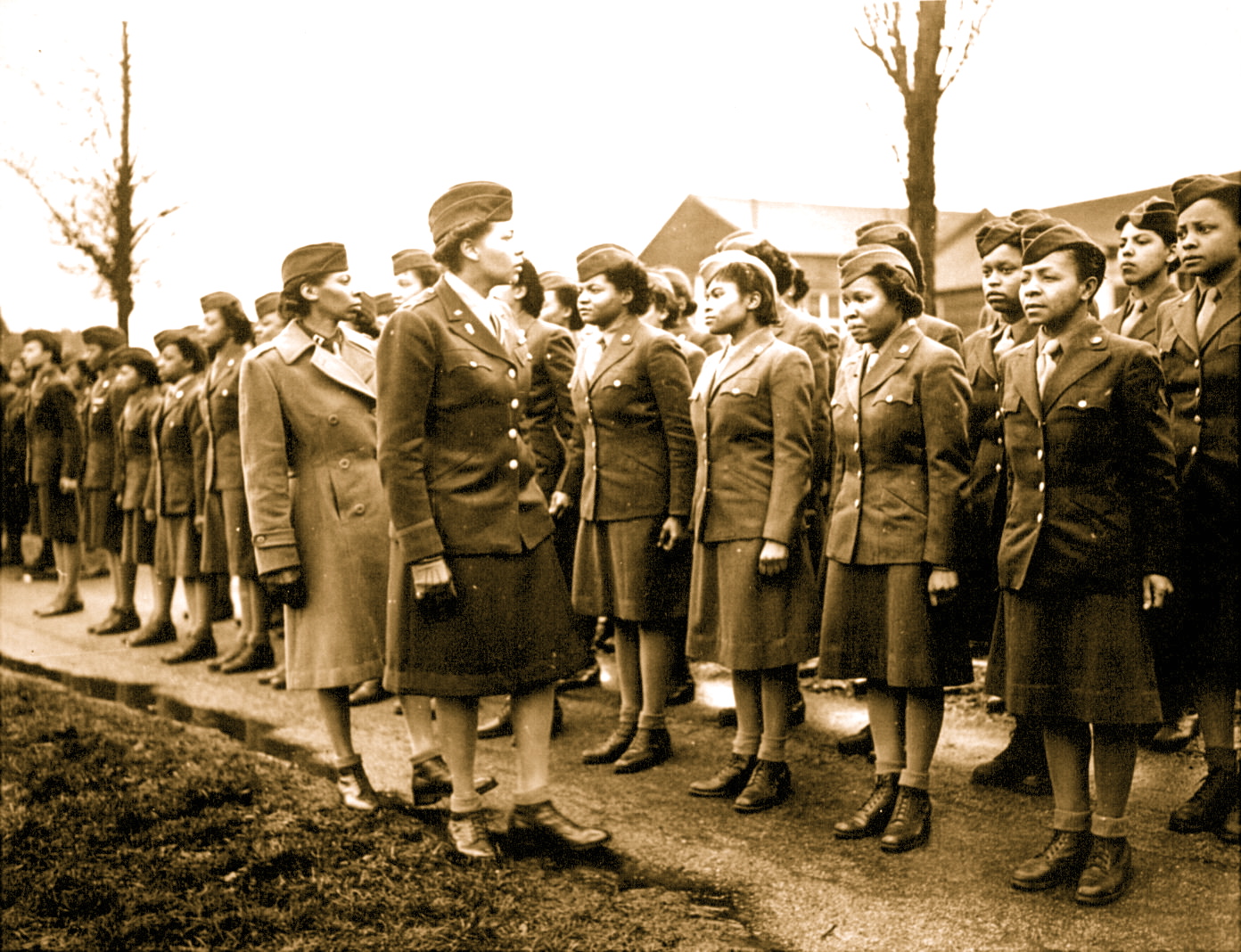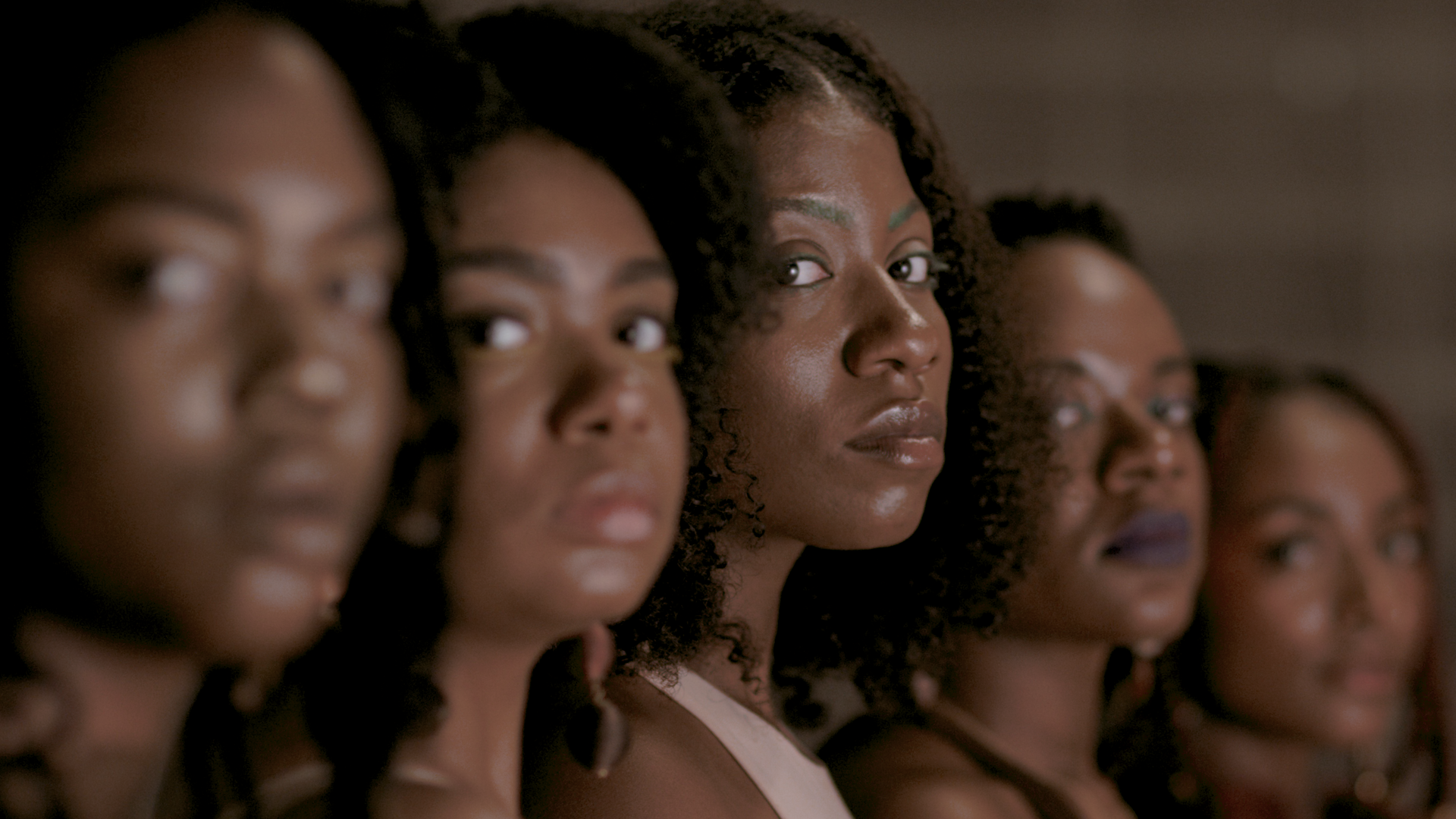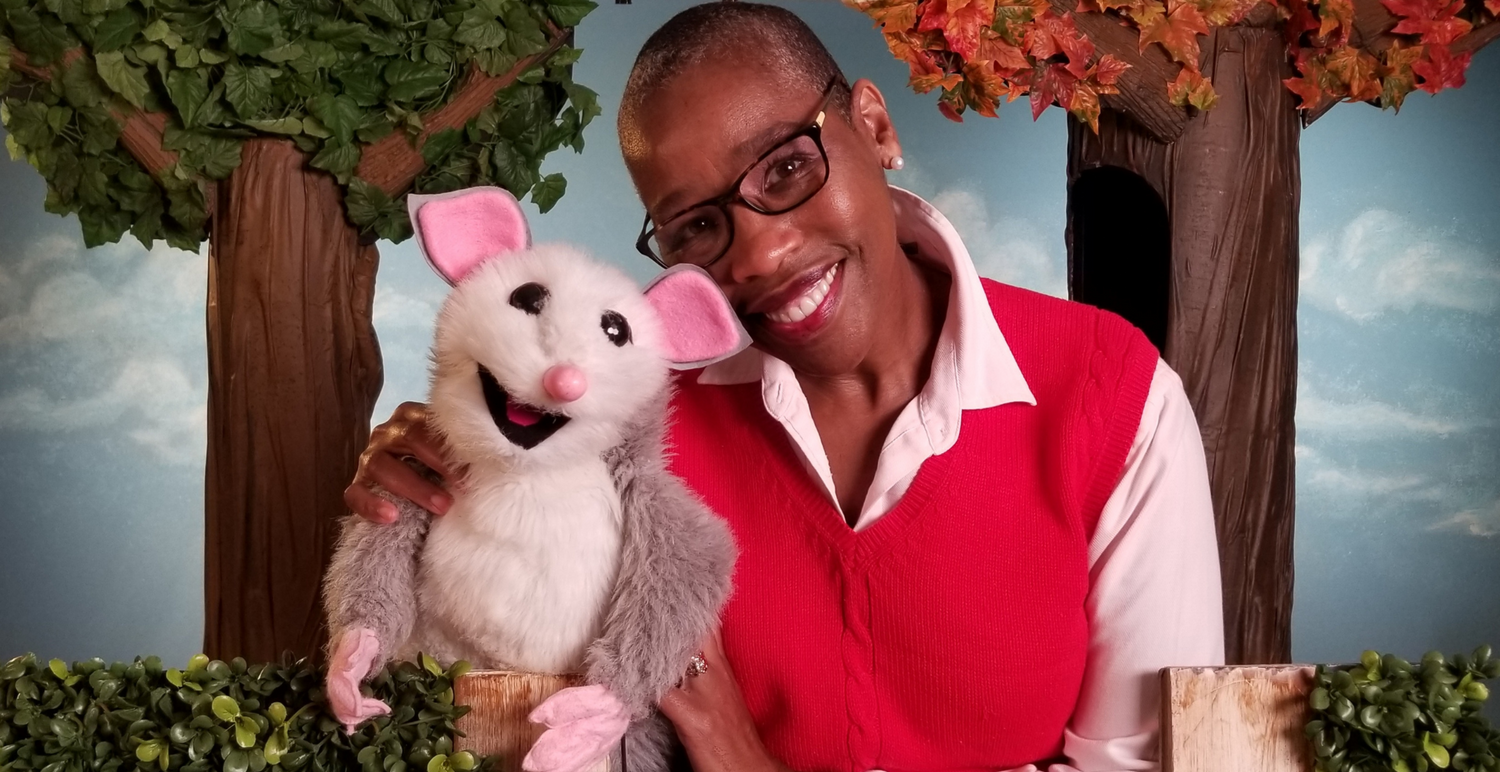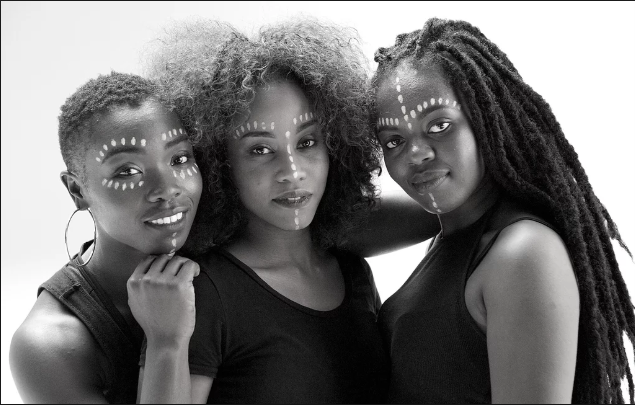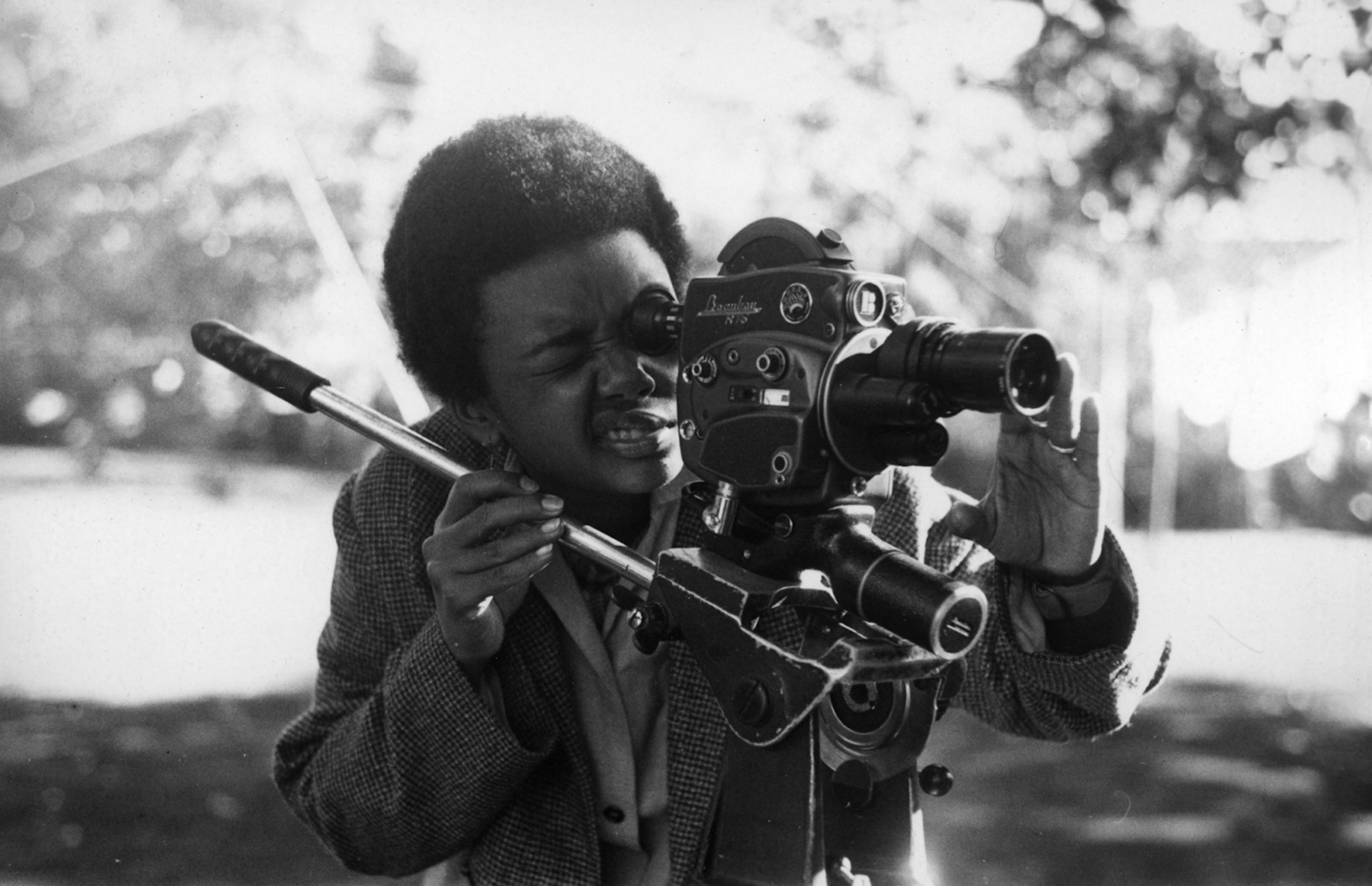By Chanel Cain
“History is written by the victors” is a phrase most people are familiar with. The quote, attributed to Winston Churchill, can very often be seen in wars, including World War II. But what happens to those that help the victors, but are still denied their chance to write history. Their legacies are often left hidden, until someone decides to bring them into the light.
Enter Lawrence Walker. His extensive career in television gave him a toolbox ripe with potential. While some recognized and rewarded this, there were other times that he was looked over due to his race. Citing his mother as his source of strong will, he never let this deter him as he went on to flourish in the industry.
One night while watching a PBS special with his mother, Walker became frustrated with the way the white production team was portraying a story about slavery. It felt inauthentic. While voicing these concerns, his mother said ““if you don’t like the way that [is] piece put together, why don’t you do it yourself?”
This is precisely what he would do with “Sweet Georgia Brown: Impact, Sacrifice, Power, and Will”.
The documentary covers the important contributions of Black women in both the Women’s Army Corps (WAC) and the Women’s Women Accepted for Volunteer Emergency Service (WAVES). It focuses on the 6888th Central Postal Directory Battalion. This group of over 800 Black women were the only all Black and all female battalion sent overseas.
Their main task was to handle the growing mail problem the army was facing. With poise and care in the face of extreme scrutiny in the event of failure, these women exceeded expectations and served a crucial role in maintaining the morale of troops.
Despite this, their contributions went largely uncredited, due to both their gender and race. So while America celebrated their victory, these women, much like other Black trailblazers, never received their due.
Walker was able to track down nearly 40 of the women who served on that battalion to interview them for his documentary. While to Walker these women were undoubtedly part of history, some didn’t see it that way initially.
“Why are you doing this interview?” one woman asked, “We weren’t important.”
Walker responded, “You were important. You are a part of history.’ …
Walker is a firm believer in the preservation of Black stories. Archival and preservation of these accounts are how the contributions of Black people can never be erased and, hopefully, be celebrated at some point. Without this, many stories would simply be lost to time.
“Here it is over 60 years later, now they’re getting the credit,” Walker said.
This reverence for Black history extends past the “Sweet Georgia Brown” documentary. Walker has also spent years acquiring a mass of historical artifacts. They now have a home in his very own virtual museum.
The Sankofa African American 3D Museum is his latest project. Boasting over 16,000 artifacts over 4 virtual floors, the museum makes his archival readily available to anyone around the world. With plans to expand with other collections, this has the potential to become an educational tool highlighting even more hidden stories.
For Walker, all of the work he has done in preservation serves as part of the legacy he wants to leave behind. Much like the work of those before him, it is a marker of that someone was here, someone cared, and that a story deserves to be told.
“Everything I’ve done has a footprint is my legacy. The books, photographing the filming everything. You can’t take it away,” Walker said.
The passing down and ownership of Black accomplishments is so often overlooked that it becomes a revolutionary and life long task to document it. These are the victors, and their history deserves to be written in stone.
Watch “Sweet Georgia Brown” on kweliTV.
